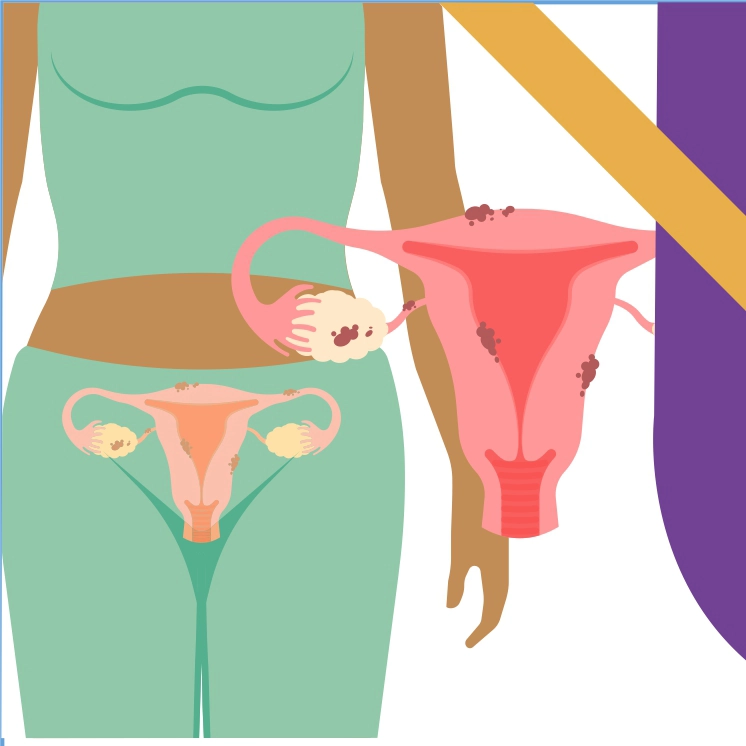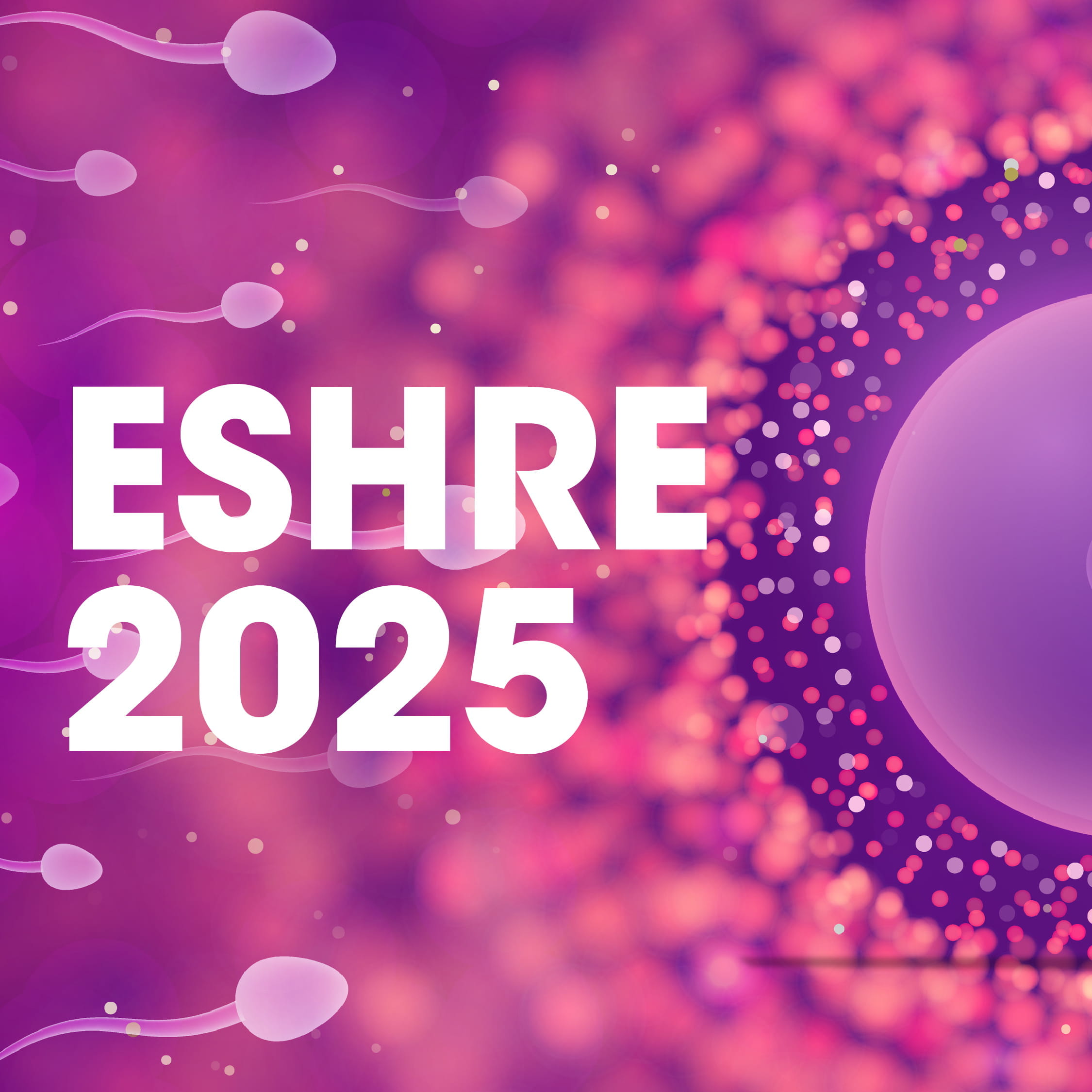ESHRE 2025: Impact of Endometriosis on IVF Outcomes: A Comprehensive Review of Ovarian Stimulation, Pre-treatment Strategies, and Adjunctive Therapies
Study Question: How does endometriosis affect IVF outcomes, and can novel approaches like Elagolix improve key fertility parameters and cumulative live birth rates?
Summary Answer: Endometriosis variably affects IVF success. Elagolix and progestin-primed protocols enhanced fertilization and oocyte yields, but pregnancy and live birth rates remained inconsistent across studies.
What Is Known Already:
Endometriosis impairs oocyte quality and IVF success, especially in advanced stages. Traditional GnRH-based protocols show mixed results. Novel agents like Elagolix (oral GnRH antagonist) have shown promise with comparable ovulation suppression, improved biochemical pregnancy rates, and reduced patient burden and PPOS protocols have demonstrated improved oocyte yields and effective LH suppression. But their impact on key IVF outcomes is unclear.
Study Design:
- Comprehensive review of 13 randomized controlled trials (RCTs) involving 3,260 patients. Study sizes ranged from 36 to 786 (average 218 per study), evaluating IVF outcomes in women with endometriosis using various protocols and treatments.
- Participants: 3,260 women with endometriosis undergoing IVF
- Interventions: Elagolix, PPOS protocols, GnRH agonist/antagonist therapy, adjunctive therapies (e.g., Dienogest, lipiodol), ICSI vs. IVF
- Outcomes: Fertilization rate, implantation rate, clinical pregnancy rate, cumulative live birth rate (CLBR)
Results:
- Overall Findings:
- 4 RCTs reported improvements in IVF parameters such as fertilization rate & serum markers.
- 9 RCTs found no significant differences in key clinical outcomes (pregnancy, live birth).
- Correlation between larger studies and positive outcomes: r = 0.56, p = 0.049
- Elagolix (342 patients):
- Comparable fertilization rate to GnRH antagonists (79.7% vs. 84.6%, p = 0.18)
- Improved biochemical pregnancy rate in FET cycles (74.5% vs. 55.9%, p < 0.05)
- Reduced injection burden by 4.2 per cycle
- Progestin-Primed Ovarian Stimulation (PPOS):
- Improved oocyte yield (9.3 vs. 7.8, p = 0.021)
- Effective LH surge suppression
- Prolonged GnRH Agonist Therapy:
- Reduced cytokines in follicular fluid
- Improved fertilization (72.7% vs. 61.7%, p < 0.05)
- No effect on clinical pregnancy rate
- ICSI vs. IVF: Higher fertilization with ICSI (73.3% vs. 54.7%, p = 0.003)
- Adjunctive Therapies: Dienogest and lipiodol showed mixed results
Limitations:
- Heterogeneous study designs, sample sizes, and inconsistent outcome reporting
- Lack of long-term follow-up and potential publication bias
- Need for large, standardized RCTs to confirm findings
Wider Implications of the Findings: Endometriosis negatively impacts IVF outcomes, but newer protocols like Elagolix and PPOS may improve some intermediate outcomes. Positive results were more likely in larger studies. The role of ICSI and adjunct therapies needs further exploration to establish clinical benefit.
ESHRE 2025, June 29 - July 2, Paris




